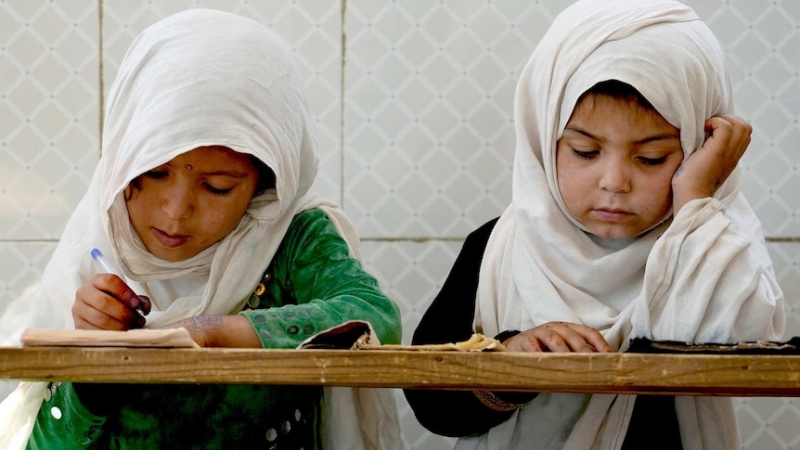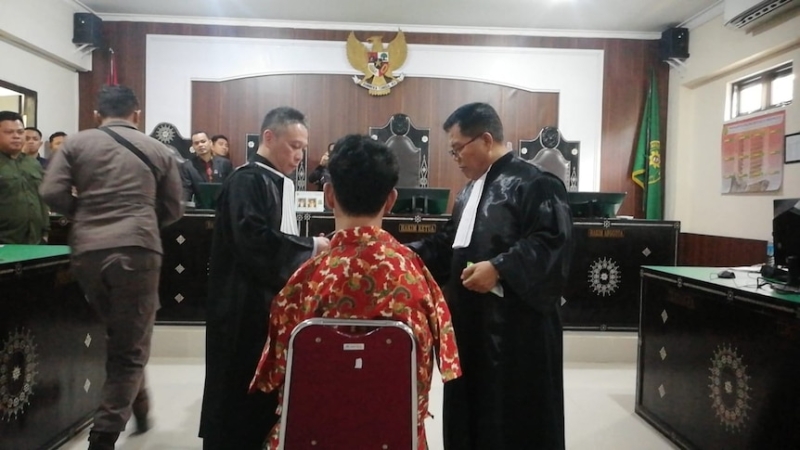Banning girls from high school is one of the Taliban's many crackdowns on women. (AP: Ebrahim Noroozi/File)
In short:
A Taliban official has publicly urged the group's leadership to lift the ban on women's and girls' education.
He has called it unjust and contrary to Islamic law.
What's next?
International pressure remains firm to demand the full restoration of rights for Afghan women and girls.
In a rare public rebuke, a senior Taliban figure has called on the group's leadership to end the ban on education for women and girls in Afghanistan.
Afghan foreign ministry political deputy Sher Abbas Stanikzai made the remarks in a speech on Saturday in south-eastern Afghanistan's Khost province.
He told an audience at a religious school ceremony there was no reason to deny education to women and girls, "just as there was no justification for it in the past and there shouldn't be one at all".
After seizing power in 2021, the Taliban government instated a ban on females accessing education after the sixth grade.
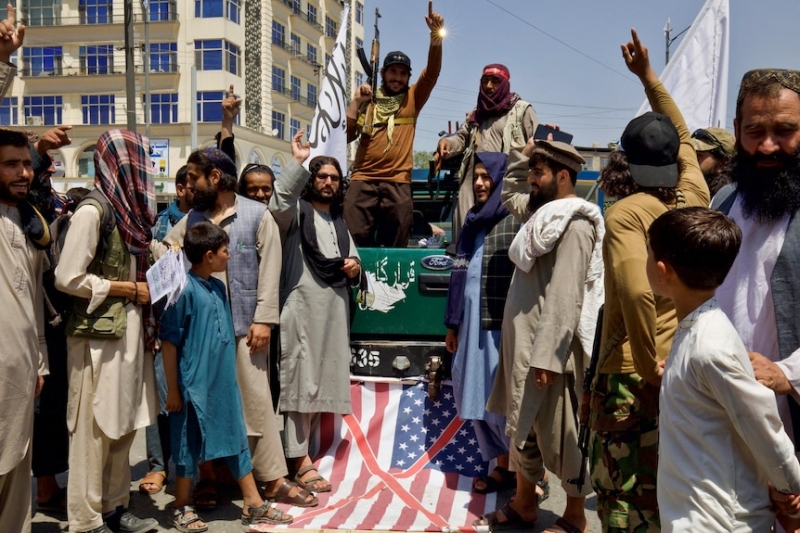
The Taliban has banned women from higher education at institutions like Kabul University. (Reuters: Sayed Hassib)
Mr Stanikzai asserted the ongoing prohibition against female education had no religious justification.
"We are committing an injustice against 20 million people out of a population of 40 million, depriving them of all their rights," Mr Stanikzai said in a video shared by his official account on social media.
"This is not in Islamic law, but our personal choice or nature."
Comments dismissed as bid to 'rebrand' Taliban
Mr Stanikzai was once the head of the Taliban team in talks that led to the complete withdrawal of foreign troops from Afghanistan.
It is not the first time he has said that women and girls deserve an education.
He made similar remarks in September 2022, a year after schools closed for girls and months before the introduction of a university ban.
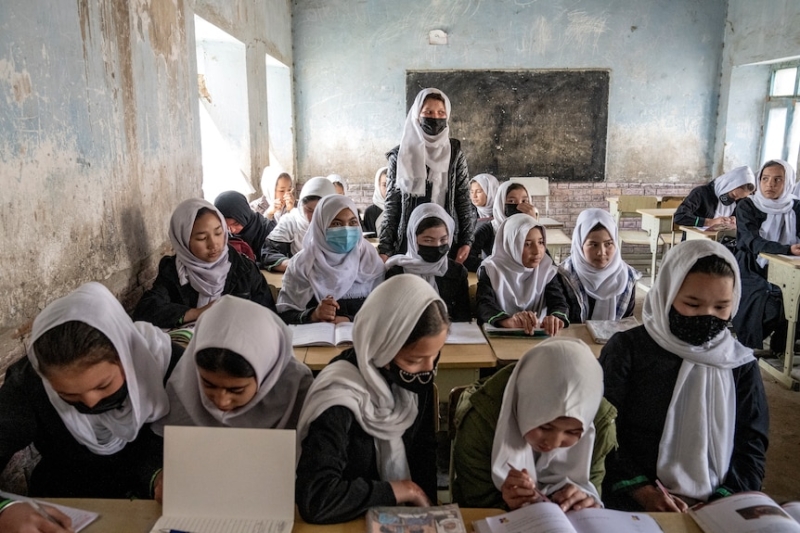
Activists have warned that true progress can only come when there is the full restoration of women's rights in Afghanistan. (AP: Ebrahim Noroozi/File)
"We call on the leadership again to open the doors of education," he said, marking the first call for a change in policy and a direct appeal to Taliban leader Hibatullah Akhundzada.
However, Afghan women's rights advocates warned against viewing it as a turning point.
Zubaida Akbar, an activist with the women's human rights organisation Femena, said the remarks were likely a strategic move to bolster credibility for the Taliban internationally.
"The Taliban deputy's remarks about there being no excuse for the education bans on Afghan women and girls reflects desperation," Ms Akbar told the ABC.
"They think making these statements is a strategic move to rebrand themselves as progressive."
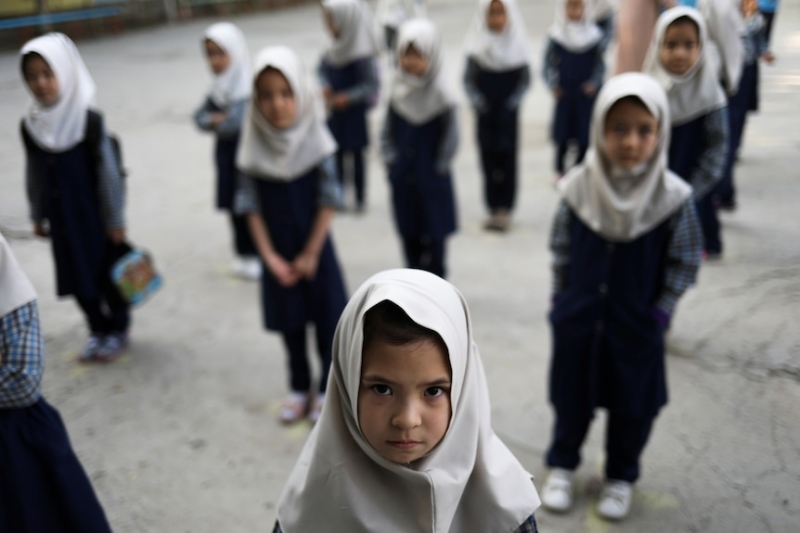
The Taliban has increasing added restrictions on women since taking power. (Reuters)
Crisis Group analyst Ibraheem Bahiss said Mr Stanikzai had periodically made statements deeming education to be the right of all Afghan women and girls.
"However, this latest statement seems to go further in the sense that he is publicly calling for a change in policy and questioned the legitimacy of the current approach," Mr Bahiss said.
The embassy of Afghanistan echoed this sentiment in a statement to the ABC.
"The Taliban regime is responsible and accountable for the crimes against humanity committed under its rule, including the systematic ban on girls' education for over three and a half years, as well as during their five-year reign in the 1990s."
Pressure on Taliban regime over denial of women's rights
No country recognises the Taliban as the legitimate rulers of Afghanistan, but countries like Russia have been building ties with them.
India has also been developing relations with Afghan authorities.
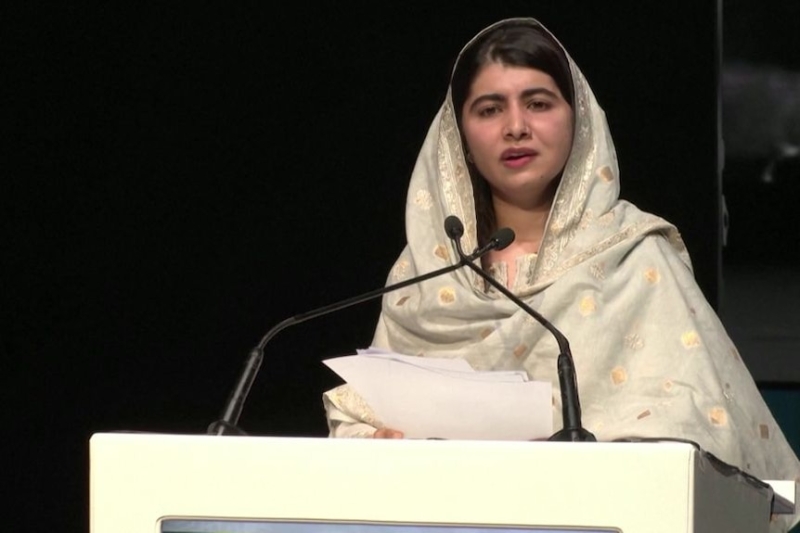
Nobel Peace laureate Malala Yousafzai has called on the international community to speak out against the Taliban's ban on women and girls' education.
In Dubai this month, a meeting between India's top diplomat, Vikram Mistri, and Foreign Minister Amir Khan Muttaqi showed their deepening cooperation.
The United Nations has said that recognition of the Taliban government is almost impossible while bans on female education and employment remain in place and women can't go out in public without a male guardian.
Australia set to take Taliban to International Court of Justice for gender discrimination
Photo shows A Taliban fighter walks in front of a row of women
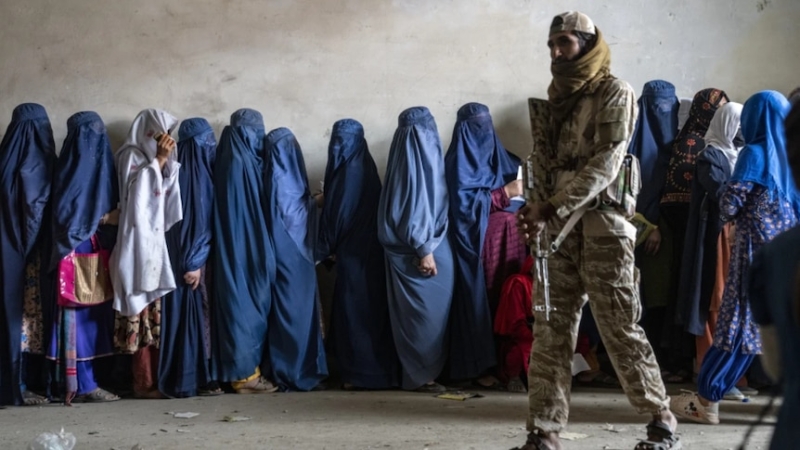
Nobel Peace Prize laureate Malala Yousafzai this month told a conference hosted by the Organisation of Islamic Cooperation and the Muslim World League that Islamic leaders should challenge the Taliban on women and girls' education.
Ms Akbar highlighted the broader repression under the Taliban including banning women from work, singing or being heard in public.
"Access to education is not meaningful progress if women cannot freely move, speak, or participate in public life," Ms Akbar said.
She called on the international community to remain vigilant against attempts to use partial reforms to win legitimacy.
"The Taliban negotiator's statements appear to be a calculated effort to present an image of reform within their ranks."
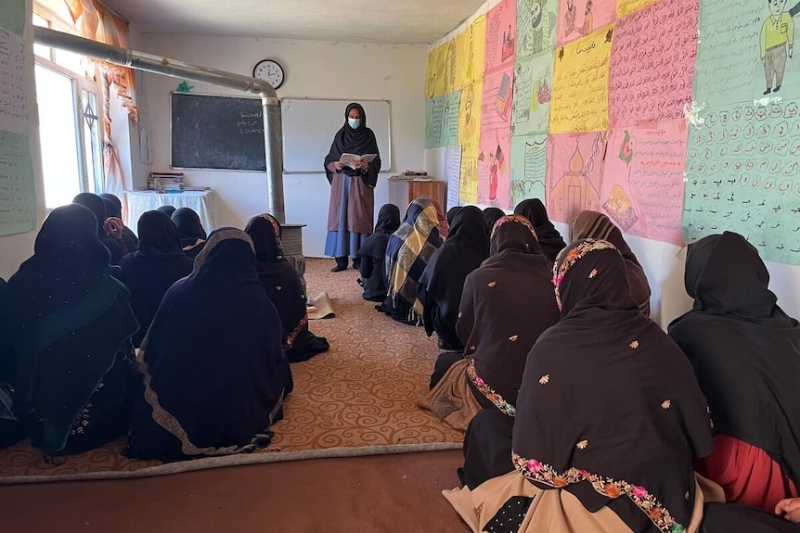
Some activists warn that the Taliban's statements may be a calculated effort to present an image of reform. (Save the Children: Holly Robertson)
Last September, there were reports authorities had also stopped medical training and courses for women.
In Afghanistan, women and girls can only be treated by female doctors and health professionals.
Authorities have yet to confirm the medical training ban.
The embassy of Afghanistan's statement further highlighted the dire situation caused by the Taliban.
"Restoring girls' access to education — an essential and fundamental right — requires more than superficial policy changes or public discourse; it demands a transformative shift in attitude to undo the deep damage caused by their oppressive actions."
ABC/AP

